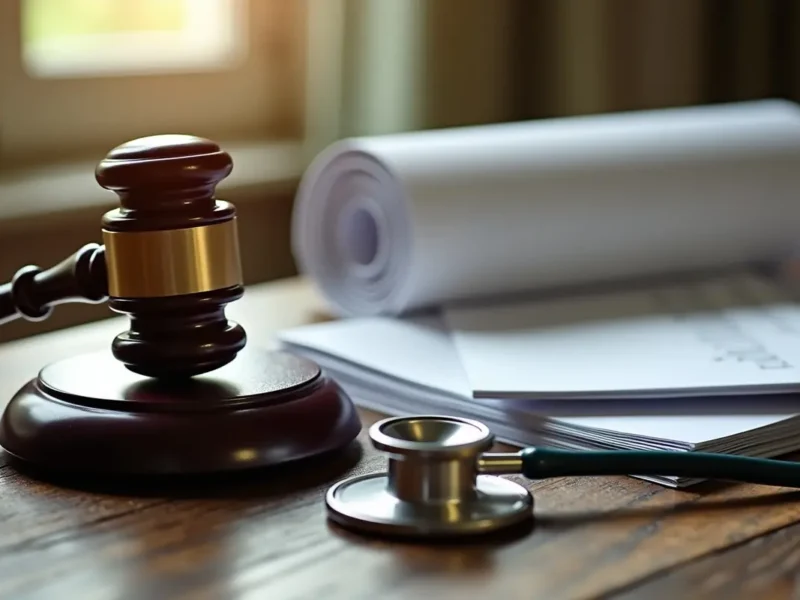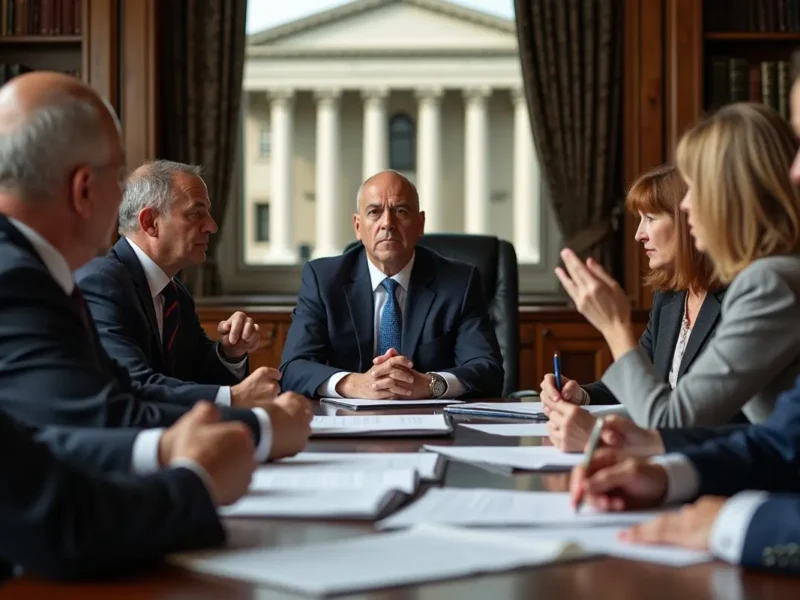Generally speaking, qualified immunity means that a defendant cannot be liable for criminal offenses committed by someone else. It is a principle that has helped protect people from prosecution but is also used to undermine criminal justice. In this article, we look at how qualified immunity impacts victims and families of police misconduct.
Public Safety
During Congressional negotiations over federal police reform, the issue of qualified immunity has emerged as a potential sticking point. Qualified immunity is a judicial doctrine that protects police officers in some civil lawsuits.
The qualified immunity doctrine was created by the U.S. Supreme Court in the 1960s to protect government employees who are performing their duties in good faith. It was designed to discourage frivolous federal civil lawsuits against government employees. The issue of qualified immunity has risen recently as the U.S. Supreme Court has ruled on three cases involving qualified immunity. The courts have ruled that qualified immunity for police officers is essential to public safety. The defenders of qualified immunity claim that it allows police officers to do their job without fear of lawsuits. However, these arguments fail to address that qualified immunity only applies to civil lawsuits. This means that officers who break the law are subject to criminal charges. In addition, they rarely pay for damages in civil suits. Several civil rights groups argue that ending qualified immunity is necessary to ensure police accountability. Several local jurisdictions have passed bipartisan legislation to end qualified immunity. The Legal Defense Fund has been at the forefront of efforts to transform police accountability. They argue that reforms to qualified immunity could improve public safety and increase public cooperation with the police. In addition, the Justice Department has been vigorously prosecuting law enforcement officials for excessive force. In 2009, the Department of Justice charged 700 law enforcement officials for misusing force.
Victims And Families Of Police Misconduct
Using the doctrine of qualified immunity, police officers can avoid being held accountable for misconduct. The result is that a victim of police misconduct has very little recourse to seek justice. The Supreme Court has the authority to end qualified immunity. Congress can also pass legislation that would eliminate qualified immunity. This would ensure that people who law enforcement officials harm could seek compensation for their injuries. Reforms to qualified immunity would allow victims of police misconduct to file civil lawsuits and receive redress for their violations. This would help increase public trust and cooperation with law enforcement.
The Supreme Court established qualified immunity in the 1960s. It was intended to prevent frivolous federal civil lawsuits against government workers. Qualified immunity has been used inconsistently. Often, a judge will decide whether an officer is immune from civil liability. Other times, the officer may be immune if they are acting in good faith. In determining whether qualified immunity applies, judges look to past cases. There are fewer courts now generating precedent. This can lead to hairsplitting. Regardless of whether qualified immunity is in place, there are several ways to hold law enforcement accountable for misconduct. These include criminal charges, exclusion of evidence, disciplinary actions, and civil lawsuits. There are some arguments to support qualified immunity reform. Some focus on the defense of private property, while others emphasize the importance of law enforcement accountability. However, these arguments have one thing in common: no one has provided empirical evidence of how qualified immunity affects the plaintiff’s ability to bring civil lawsuits.
Courts in the Southern District of Texas
Earlier this year, a court in the Southern District of Texas could not determine the impact of qualified immunity. The court said that qualified immunity could be invoked in some instances but could not be used in others.
Qualified immunity is not a defense against criminal charges but is available to protect government officials from suits brought against them. The law is designed to protect all but incompetent officers.
The Supreme Court has made a few small tweaks to the doctrine, but not a complete rewrite. The test for qualified immunity has changed over the years. Rather than a one-size-fits-all solution, the test is a composite of decisions by several actors. The Supreme Court has not taken a position on whether or not qualified immunity should be repealed. It has, however, made a few suggestions about how the doctrine could be tweaked. It could be modified to make it more suited for constitutional litigation. It could also be tweaked to ensure that the doctrine is more effective at ensuring accountability from government officials. The Supreme Court has also mentioned two possible benefits of qualified immunity. The first is reducing the number of civil rights violations committed by police officers. The second is the financial burden of liability imposed on governments. The Supreme Court has also mentioned that qualified immunity would encourage governments to take more responsibility for the actions of their employees.



